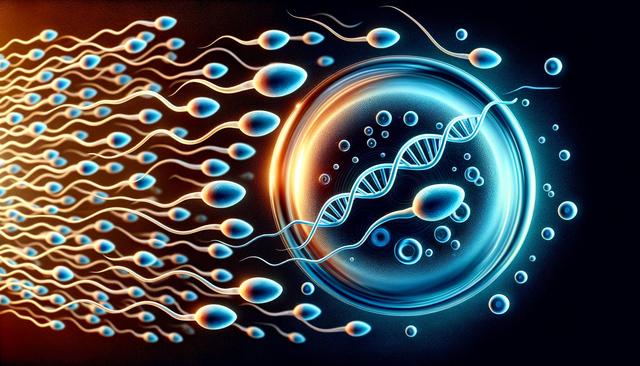What is a Sperm Donor?
A sperm donor is an individual who provides semen, typically through a fertility clinic or sperm bank, with the intention that it be used to help another person conceive. The process is often anonymous, though some donors choose to be identifiable. Sperm donation is a critical resource for single individuals, same-sex couples, and heterosexual couples experiencing male infertility. The donated sperm can be used in procedures such as intrauterine insemination (IUI) or in vitro fertilization (IVF), depending on the recipient’s needs and medical advice.
Becoming a donor involves thorough screening to ensure the health and genetic suitability of the donor. This includes medical history, genetic testing, and infectious disease screening. Only a small percentage of applicants are accepted as donors due to the stringent requirements set by medical guidelines and legal regulations. Once accepted, donors typically provide multiple samples over time, which are frozen and stored for future use.
Reasons for Using Donor Sperm
People seek donor sperm for a variety of reasons, all rooted in the shared goal of building a family. For some, donor sperm is the only viable path to parenthood. Common scenarios include:
- Individuals with male factor infertility issues, such as low sperm count or motility
- Same-sex female couples wanting to conceive
- Single women choosing to have a child on their own
- Genetic concerns where using a partner’s sperm could pass on a hereditary condition
In these cases, donor sperm provides a safe and medically supported option to conceive. Fertility clinics usually offer counseling to help intended parents understand the implications and process involved in using donor sperm, ensuring they are emotionally and legally prepared.
The Donation Process
The sperm donation process is carefully regulated to ensure safety, effectiveness, and ethical standards. Initially, potential donors complete a detailed application and undergo a series of screenings. These include:
- Medical and family history review
- Physical examination
- Genetic disorder screening
- Blood and urine tests for infectious diseases
Once approved, donors visit the clinic regularly to provide samples, which are frozen and quarantined. After six months, the donor is retested for infectious diseases to confirm that the frozen samples are safe for use. Donors are often compensated for their time and effort, although the amount varies depending on the region and facility.
Throughout the process, donor confidentiality is maintained, unless the donor has agreed to be identifiable. In such cases, the child conceived through the donation may be able to contact the donor once they reach a certain age, depending on local laws and agreements.
Legal and Ethical Considerations
Using donor sperm raises important legal and ethical questions for both donors and recipients. In many jurisdictions, legal agreements ensure that donors have no parental rights or responsibilities over any resulting children. This legal clarity helps protect both the donor and the recipient from future disputes. However, laws can vary significantly from country to country, and even between states or provinces, so legal consultation is often recommended.
Ethically, questions often arise about donor anonymity, the right of the child to know their genetic origins, and the number of offspring that can be conceived from one donor. To address these concerns, some countries have introduced donor registries or limited the number of families that can use the same donor. Transparency and proper counseling are key to navigating these issues responsibly.
For donors, ethical participation also means being honest about medical history and understanding the long-term implications of donation. For recipients, it involves making informed decisions and preparing to explain the donor conception to their child in an age-appropriate way.
Emotional Aspects and Long-Term Impact
While the medical and legal aspects of sperm donation are crucial, the emotional side should not be overlooked. For recipients, choosing to use a donor can bring mixed feelings, including relief, hope, and sometimes grief over not conceiving with a partner’s genetic material. Counseling services are often recommended before starting the process to help navigate these complex emotions.
For donors, the knowledge that they may have biological children whom they will not raise can also be emotionally complex. Some donors choose to remain anonymous to create clear boundaries, while others are open to future contact, particularly as societal attitudes shift toward openness in donor conception.
Children conceived via donor sperm might also have questions about their origins as they grow up. Being prepared to communicate openly and age-appropriately with children about their conception story is vital. Research suggests that honesty and support from a young age can help donor-conceived individuals develop a strong sense of identity and emotional well-being.












